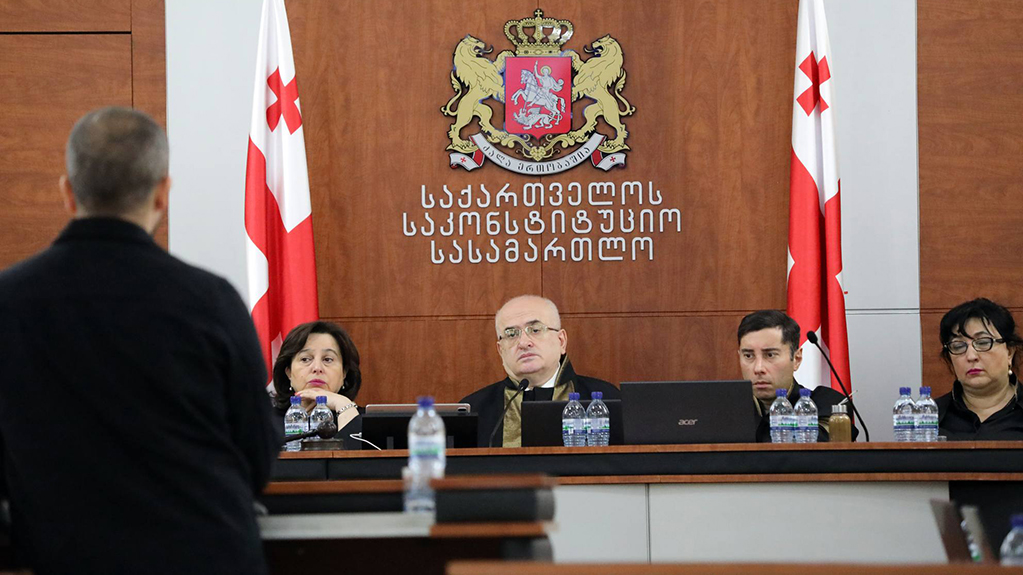About 60 non-governmental organizations believe that the Constitutional Court's decision not to suspend the operation of the Russian Law lacks legal justification and does not consider the legal conclusions of local and international experts. As per the organizations' assessment, this decision by the judges constitutes a betrayal of the Constitution.
News
"The court had a historic opportunity to oppose the suspension of the European integration process, prevent the government's uncontrolled access to citizens' confidential information, and stand by its own people, who, for months, have steadfastly defied Russian Law despite government violence.
"Unfortunately, the Constitutional Court was unable to make an independent decision; it once again came under the influence of the ruling party and failed to fulfill its assigned function of protecting the Constitution," non-governmental organizations stated, thanking two judges, Giorgi Kverenchkhiladze and Teimuraz Tughushi, for their dissenting opinion.
They emphasized that they will continue to fight against the establishment of authoritarianism and censorship in Georgia.
"We will continue the legal dispute against the Russian Law, both within the country and in international institutions, and with the support of the Georgian people, we will definitely achieve its final and unconditional cancellation," the statement from the non-governmental organizations said.
The Plenum of the Constitutional Court of Georgia, with 6 votes against 2, considered that the so-called the Russian law on "foreign agents" does not pose an immediate threat to the media and non-governmental organizations. Accordingly, the court refused to suspend the operation of the disputed norms until the final decision on the case.















